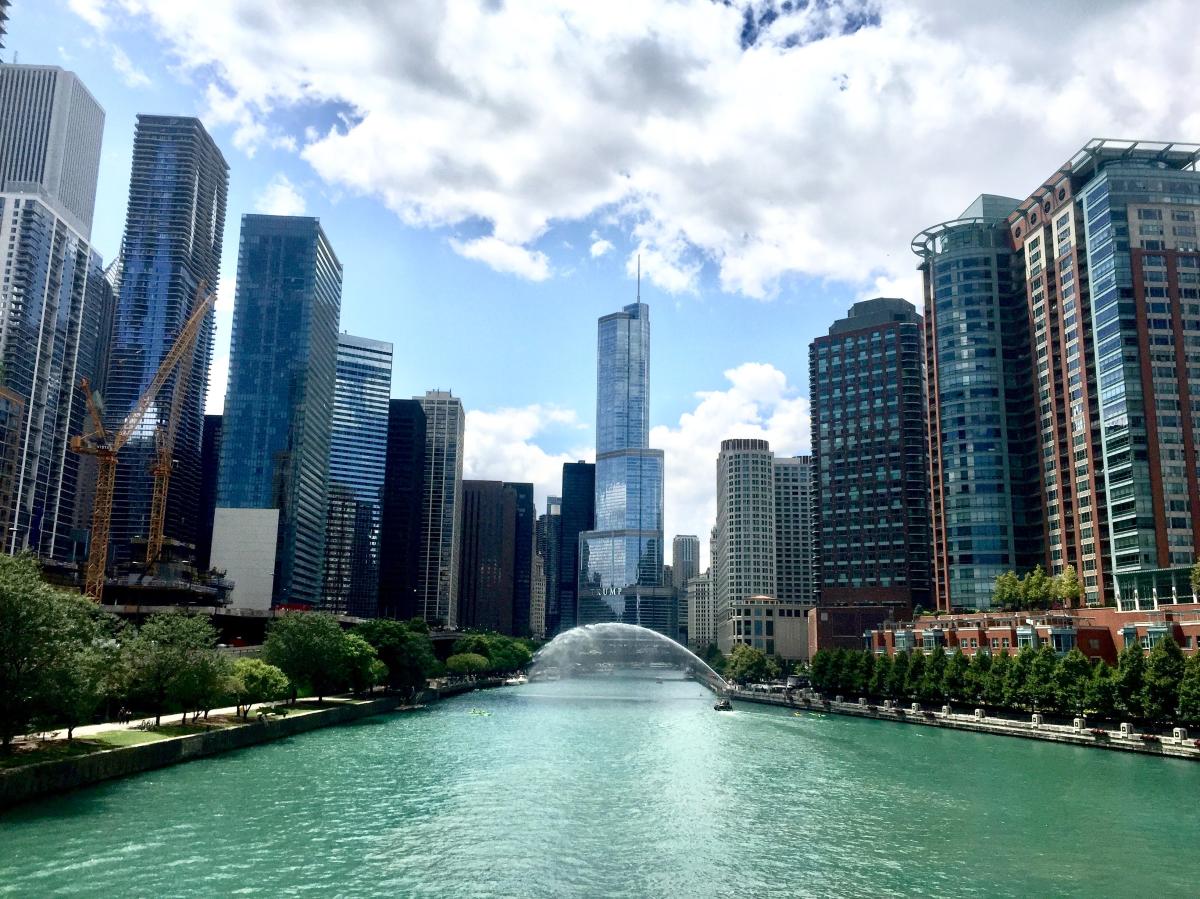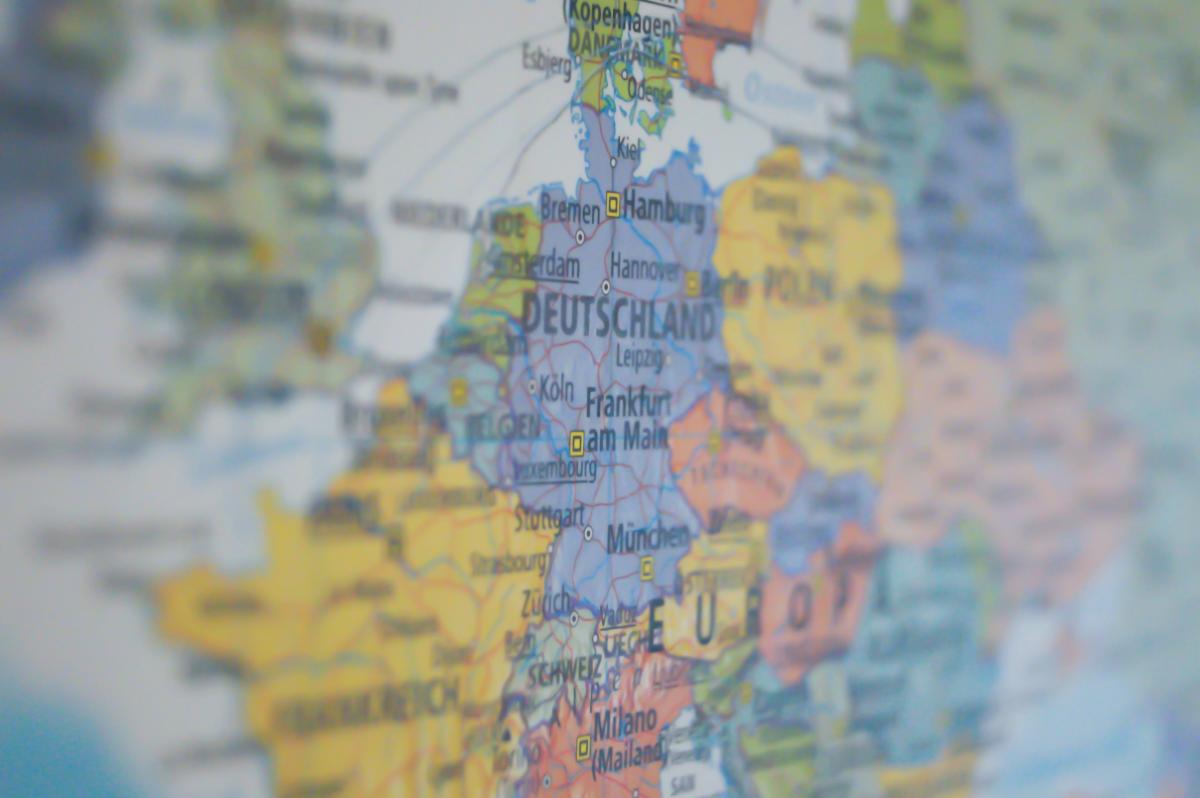Call it the Taylor Swift effect.
“Swifties” flocking to the Eras Tour this year created a huge economic windfall for cities that hosted the pop singer’s concerts – an impact some economists say rivals spending by football fans for a Super Bowl.
Swift’s tour played 20 cities – 53 nights of concerts – in the U.S., and according to the U.S. Travel Association, each Swift fan spent an average $1,300 on travel, hotels, food and merchandise.
By the time the tour is over, economists at QuestionPro and U.S. Travel have estimated that “Swiftonomics” could lead to a global economic impact worth $13-28 billion.
“After the first half of the Era domestic tour, the verdict is in: Taylor Swift is good for the tourism industry,” said Ed Tiryakian, associate professor of corporate finance and business economics at Duke University.
He said hotels in particular benefited.
“The Federal Reserve noted tourism picked up in the region after Swift’s Philly dates with sold out hotels,” Tiryakian said. “The governor of Illinois said after her Chicago tour dates, not only were room occupancies above pre-pandemic levels, they were all-time highs.

“And the head of Visit Tampa stated after the dates in April, the economic impact was huge and in particular when it came to the hotel industry, it felt a lot like Super Bowls. They should know after hosting four of them.”
Room Rates Up
Swift’s concert stops often meant more than 90% occupancy in some cities, generating much higher room rates for fans who waited to book rooms until concert nights grew closer, said M. Brian Riley, STR analyst who has been tracking the Swift effect on the hotel industry.
“Ten of the 20 analyzed stops ran market-wide occupancies in excess of 90% on concert nights when we might have otherwise expected only two markets – Las Vegas and Phoenix – to have done that well,” Riley said.
“That is quite impactful,” he added. “A market that is pushed to 90% occupancy is going to be very impacted – compressed – and those last available rooms will mostly be offered at a much higher rate than the initial sold rooms.”

The overall $208 million estimated impact for the hotel industry for the tour’s first 53 concerts is conservative, Riley said. It doesn’t take into account extended fan stays, advance and post-concert breakdown crews or other hotel revenue such as parking.
“To put the impact into context, $208 million is basically the combined room revenue generated in New York City and Philadelphia in one week,” he said. “Another way to look at it: $208 million is the average daily room revenue reported by the country’s 17 largest markets.”
Riley said there were some unprecedented numbers: Pittsburgh and Nashville doubled revenue per available room (RevPAR) from shoulder weeks, and eight markets overall reported RevPAR premiums of 50% or higher.
Super Bowl Similarities
The similarities between Eras and a Super Bowl are striking, Tiryakian said. “Eras tour average attendance is 75,000 per concert and a Super Bowl is about 70,000 per event. The difference is a Swift event has about three concerts per city, not one.
“So when the Swift army descends on your town, the economic impact is huge, in the same way that a Super Bowl is ‘chicken soup’ for the hotel occupancy soul,” he said.
When Los Angeles hosted the Super Bowl in 2022, Tiryakian said occupancy jumped 20% and rates doubled.
“On average, hotel rates at Class 1, 2, 3 and 4 and luxury hotels rise about 175% and early data suggests the same for the Eras Tour.”
What’s Next
Swift may have boosted economic fortunes in the U.S., but now she’s bringing tourism joy to the rest of the world, starting in Latin America in November. She’s scheduled concert dates in Australia, Europe, Japan, Singapore, the United Kingdom and Canada.
Riley said STR is tracking Swift’s overseas tour but it’s too early to see the full picture of her recent Latin American stops. However, some early signs are showing what the impact may be in Europe.

“Demand is so high that Taylor Swift just added two more dates to London, making that eight nights she will be performing at Wembley Stadium,” he said. “Right now, London doesn’t have a noticeable impact, but Edinburgh, for example, already has a bookings level of 70% on the first and second show dates.
“From past tours from other artists, we know that concerts definitely have an impact on European markets, so I’d expect the same for this tour,” Riley said.
Haley Luther, STR’s communication manager, said Swift’s multiple shows are huge economic drivers.
“I think what’s so different about the Taylor Swift tour is that she’s playing multiple shows in one city – she can play three nights in a row and sell out the stadium every single night,” she said. “She is also making stops in countries she has never played before, the best current example being Argentina, where she played three sold out shows equating to roughly 200,000 sold tickets.”
Luther also mentioned a New York Times article detailing a ticket waiting list in Argentina of 2.8 million people – in a country of 46 million people. That’s enough to fill Argentina’s biggest soccer arena, El Monumental, another 40 times.
The Australian Hotels Association predicted the Eras Tour could break the record for most hotels ever booked for a single event in Melbourne when Swift sings there in February.
Tiryakian said Swift’s tour is reminiscent of other superstar acts in their heyday – Rolling Stones, the Beatles, Elvis Presley and Bruce Springsteen.
“Contemporarily speaking, it’s also Beyoncé among the global icons that can sell out any venue, any country, any time,” he said. “Eras is assured to break the record for gross and total ticket sales held by Elton John.
“Taylor will break that record, in half the time. This is truly a phenomenon.”
Hotel Highlights of Taylor Swift’s Eras Tour Economic Impact
-
Nashville was the biggest winner in occupancy gain with its three-day occupancy up 33 percentage points above normal, on average to 90%. Nashville led all markets in total RevPAR gain with a three-day $132 average boost to $263.
-
Pittsburgh’s two concerts led to the highest hotel weekend occupancy post pandemic and the second highest weekend occupancy on record––averaging 95% and pushing average daily room rates to $309, a 106% increase.
-
Denver’s 95.9% occupancy led all stops with a 22 percentage point gain above its normal seasonal levels.
-
Seattle led all host markets in absolute RevPAR ($293), shattering its record with Saturday night RevPAR of $317. The city benefited from its close proximity to Canada, where concerts aren’t scheduled until 2024.
-
Sources: STR, U.S. Travel Association